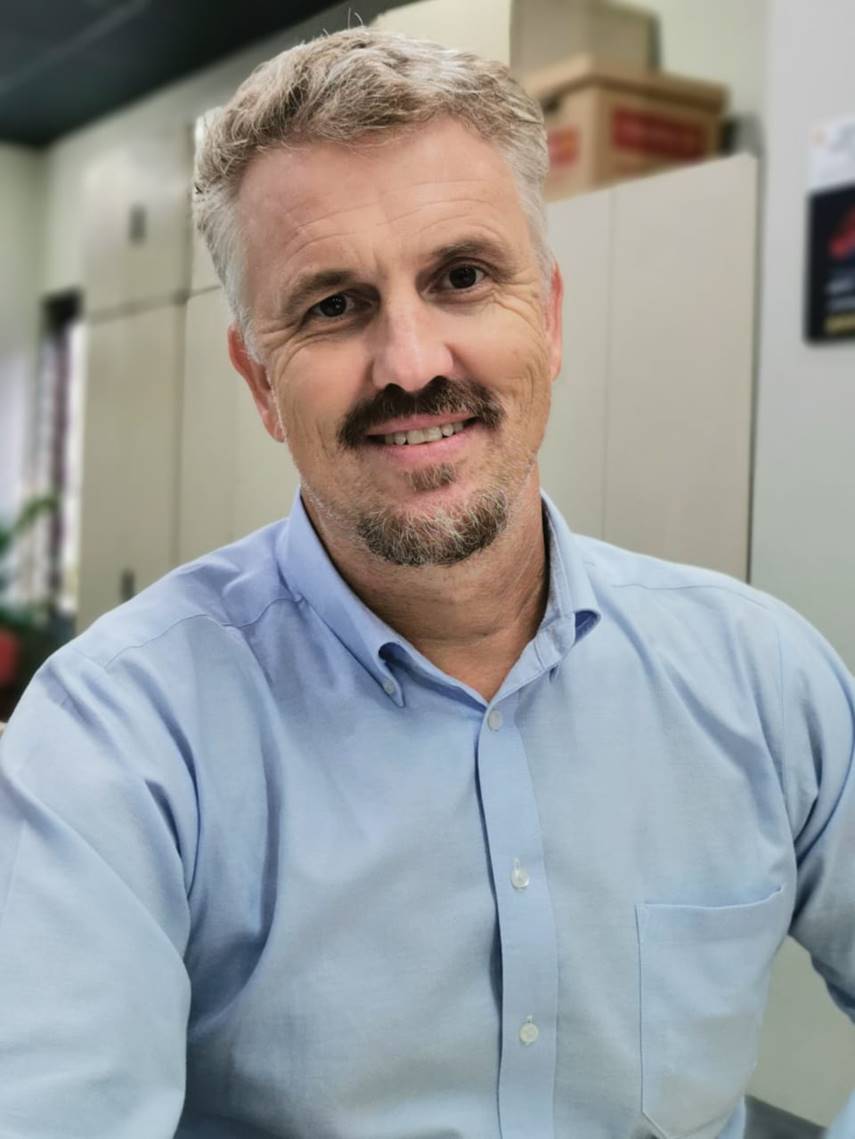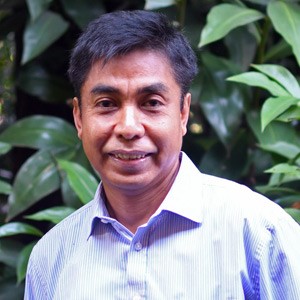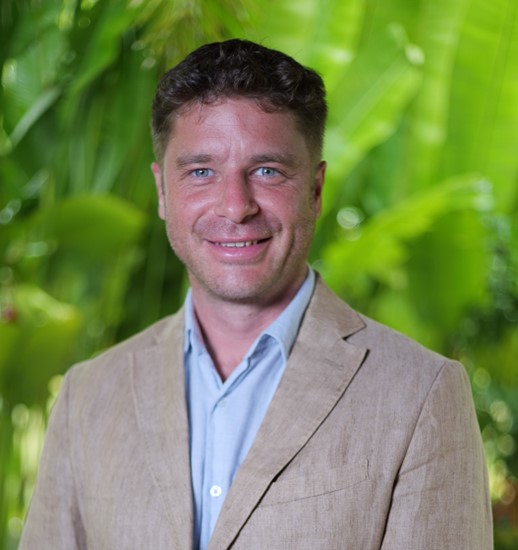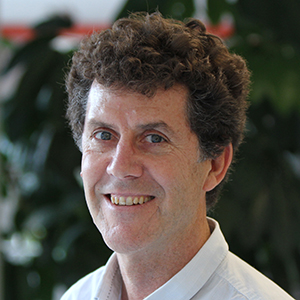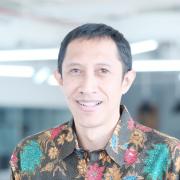PROGRAMME
Harnessing Nature for Climate Action: Opportunities for Businesses and Governments
Date: Tuesday, 28 June 2022
09:00-09:10
09:10-09:20
09:20-10:00
Climate action has now entered the mainstream as a critical objective for countries across the world. But how can we balance economic pressures with the need to ensure sustainability? In recent years, Indonesia has prioritised the restoration of peatland and mangrove ecosystems, and as the current G20 chair, Indonesia has expressed its commitment to perform “concrete, real actions on the ground”. Indonesia has identified a range of net zero scenarios and is aiming to reach carbon neutrality by 2060 or sooner. Similarly, Singapore has set a net-zero target of “by or around mid-century” and has committed to a ramp-up in its carbon tax rate to drive decarbonisation in the next decade. This panel will discuss how both Indonesia and Singapore are finding synergies between green and growth priorities and seek to identify opportunities for cross-border collaboration in areas of mutual interest to add efficiency and scale.
- As the G20 chair, how can Indonesia play a constructive role in championing climate action at the global level, while still supporting economic growth?
- How are Indonesia and Singapore finding synergies between their climate and growth priorities—such their respective carbon tax and carbon market initiatives?
- What are the areas where ASEAN countries can work together at the bilateral and regional levels to address climate change?
Speakers:
Moderator:
10:00-10:30
Tea Break
10:30-11:25
Global consensus has been reached on Article 6 of the Paris Agreement, setting guidelines for the transfer of emissions reductions between countries. The rules established at COP26 in Glasgow are also expected to clarify the path ahead for the voluntary offset market. But while countries have agreed on some basic principles, there are practical questions that need to be resolved before the potential of both compliance and voluntary carbon markets can be realised. Governments still need to set up corresponding adjustment mechanisms to avoid double counting of emissions reductions when allowances or credits are traded between countries. The public and private sector must also work together to define what constitutes a high-quality carbon credit and tackle problems like verification and proving additionality. This panel will explore the regulatory issues surrounding emissions trading between countries and the voluntary offset market, with a focus on what collaborative steps are needed to address these challenges.
- What global guidelines have been established for carbon trading, and what needs to be done to translate these rules into actual functioning mechanisms?
- What specific challenges do Singapore and other ASEAN countries need to address in order to enable and scale carbon markets in our region?
- How can businesses and organisations in ASEAN best engage with the emerging carbon trading space, for instance via supporting projects and trading platforms?
Speakers:
Moderator:
11:25-12:20
The need to conserve and restore ecosystems is becoming increasingly apparent, in order to protect biodiversity, sequester carbon, and respect the livelihoods of local communities. Encouragingly, new opportunities to pair sustainability with economic growth are emerging within ASEAN. Green and blended finance mechanisms are beginning to mobilise more capital for transformative projects, and there is increasing interest in carbon credit generation from nature-based solutions. New revenue sources such as ecotourism are also entering the mainstream. Within Indonesia and Malaysia, two of the region’s most significant agribusiness economies, efforts are underway to strengthen the value chain for sustainably-produced forest commodities, and increase the uptake of such products. In this context, this panel will explore emerging approaches to ecosystem conservation and restoration in ASEAN, with a focus on highlighting promising new areas for win-win collaboration where stakeholders in Singapore can play a positive role.
- What are the emerging innovations or approaches that are making a difference in forest conservation in ASEAN, particularly in Indonesia and Malaysia?
- What promising sustainability concepts, models, or platforms need more support – be it from the private sector, financiers, or government regulators?
- What are the emerging innovations or approaches that are making a difference in forest conservation in ASEAN, particularly in Indonesia and Malaysia?
Speakers:
Moderator:
12:20-12:30








